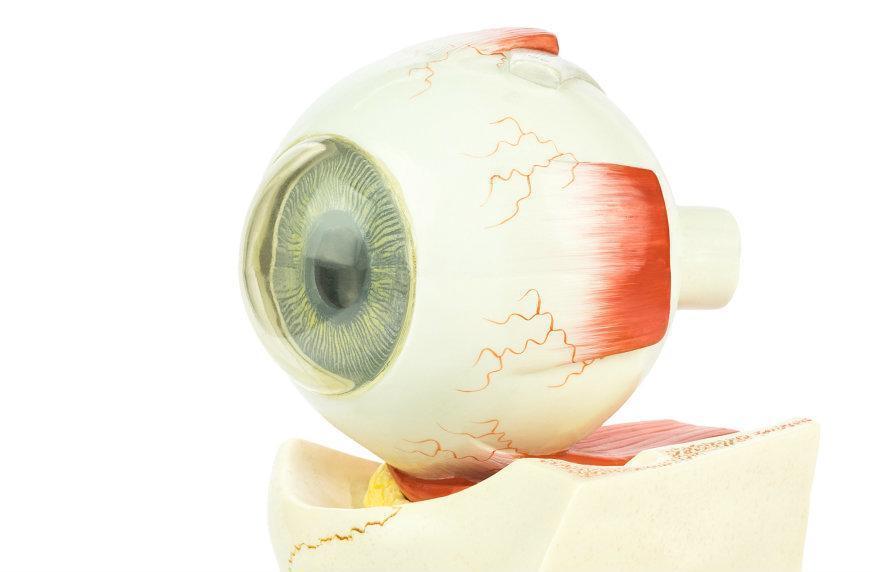Optic nerve damage is a condition that can have a serious impact on vision. The optic nerve contains millions of tiny nerve fibers, all of which carry information from the retina to the brain. When the optic nerve becomes damaged, this visual information is not fully transmitted, so the brain does not receive a complete picture. The result is that sight becomes noticeably blurred.
Central Nervous System
The central nervous system (CNS) is a mass of nerve fibers in the brain and spinal cord. Signals from all parts of the body are channeled through this system to the brain, where they can be interpreted. The optic nerve is considered to be part of the central nervous system. Like spinal CNS cells, optic nerve cells are covered with myelin to help protect them.
What Causes Optic Nerve Damage?
Optic nerve damage case be caused by eye diseases like glaucoma, poor blood flow (ischemic optic neuropathy), shock or trauma, toxins such as lead or carbon monoxide, radiation, or diseases of the central nervous system.
Types of Optic Nerve Damage
There are various ways in which the optic nerve can get damaged, all of which can have a negative impact on vision.
- Eye pressure can lead to glaucoma, in which the peripheral vision is affected.
- Inflammation can occur in the optic nerve for a variety of reasons, including autoimmune disorders, infections, parasites, allergies, diabetes, toxins, or simply poor circulation. Inflammation can lead to optic neuritis, where the protective myelin covering is damaged.
- Optic nerve damage can be caused by genetic conditions, including Leber’s syndrome, which usually occurs in young men.
- Genetic mutations can also cause retinitis pigmentosa.
- Some medications can raise the risk of optic nerve damage, including common medications such as contraceptives, as well as drugs for heart disease and diabetes.
- Tobacco and alcohol are too common toxins that can cause damage to the optic nerve.
- Even too much vitamin A can cause swelling. Deficiencies of certain vitamins, particularly folic acid and vitamin B12, and cause nutritional optic neuropathy, which affects vision.
- Tumors that put pressure on the optic nerve can cause compressive optic neuropathy.
Treating Optic Nerve Damage
Any unexpected vision problems should be checked out as soon as possible by an optician. Optic nerve damage usually results in vision deteriorating if it is left untreated.
